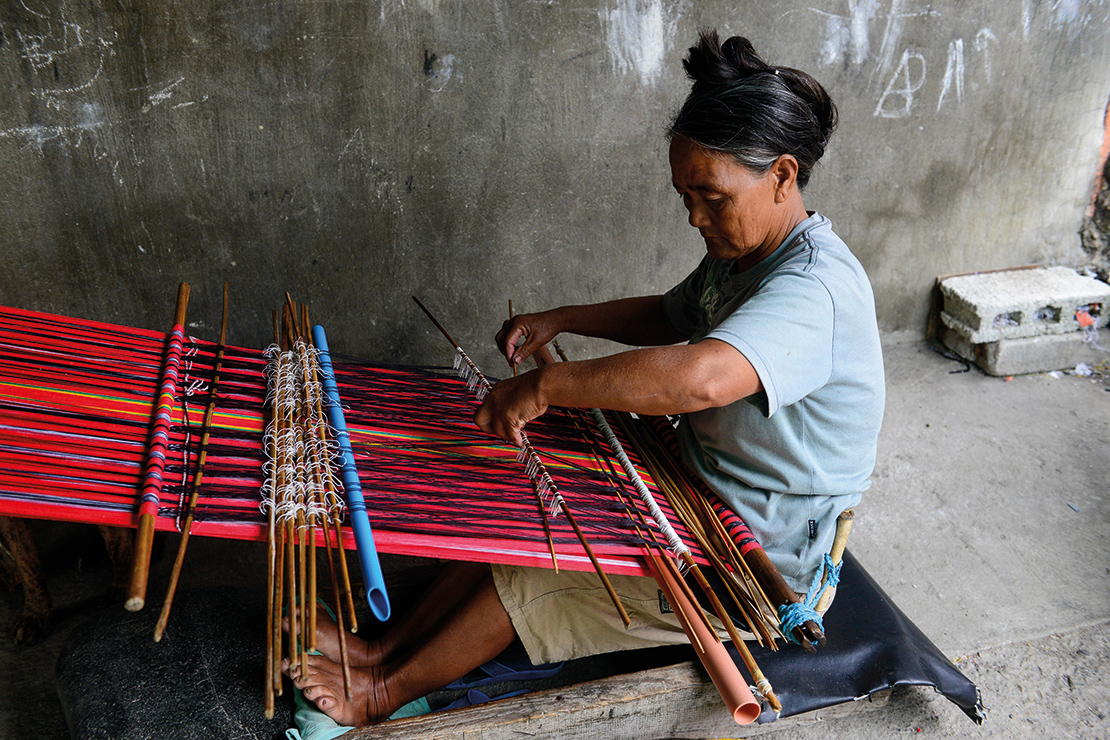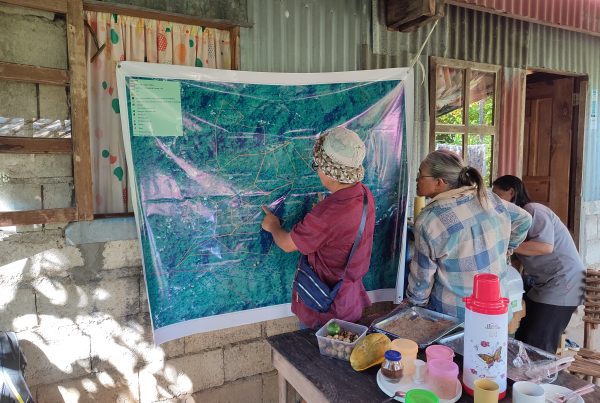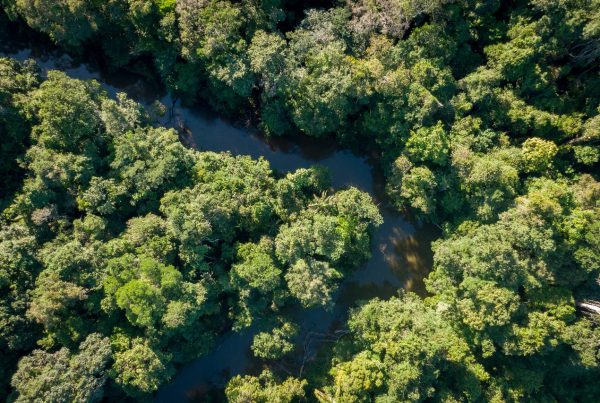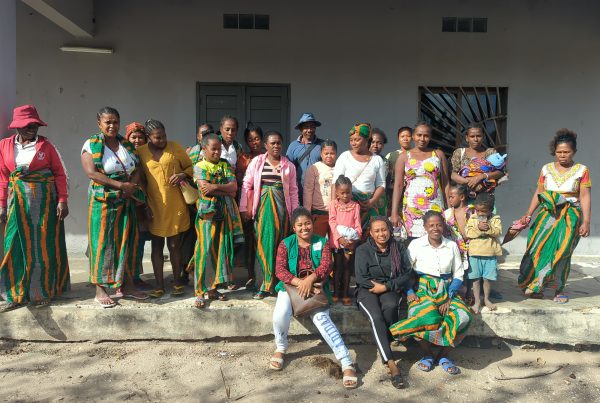Recent education policies in the Philippines open opportunities for teaching indigenous knowledge in schools, by recognising the right of indigenous peoples to culture-rooted education and by adopting the Indigenous Peoples Education Framework, which guides schools in localising, indigenising and enhancing the curriculum.
At Saint Mary’s School of Sagada, Mountain Province, the curriculum includes community-based learning such as joining in traditional agricultural activities, sleeping in the dap-ay (physical house and centre of community decision-making) and massaging the elders’ feet while interviewing them. These learning activities are documented in field notes and research papers which are then compiled into newsletters made available to the school and to the community.
Community-led initiatives for transmitting indigenous knowledge
Meanwhile, outside the schools, there is a growing, vibrant movement to revitalise the indigenous culture and the values of caring for the land and community, and having respect for the unseen; and to strengthen its transmission to the younger generations.
These initiatives were showcased in the TAWID1 Indigenous Knowledge Learning Festival. Fourteen indigenous learning stations were set up showcasing community-led initiatives, including Schools of Living Tradition; heirloom recipes and indigenous health; the traditional crafts of weaving and woodcarving; performances of indigenous music, dance and visual arts; exhibits and talks about the making of comic books and other publications; and community radio and film shows.
It was a grand display of the wide range of indigenous learning activities going on in communities which could be adapted in schools. All in all, it was a great learning event and the start of stronger partnerships between school-based and community-led indigenous learning.
A woman works on a loom in Bontoc. Traditional crafts like weaving are being shared with new generations through initiatives organised by Partners for Indigenous Knowledge Philippines, and other organisations. Credit: Joerg Boethling.
Author
- Partners for Indigenous Knowledge Philippines
Ecosystems
- Tropical forests
Topics
- Knowledge, culture and spirituality
Type
- Short-form
Date
- This case study forms part of LBO-2, originally released in 2020.



